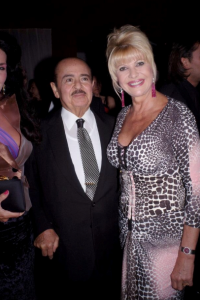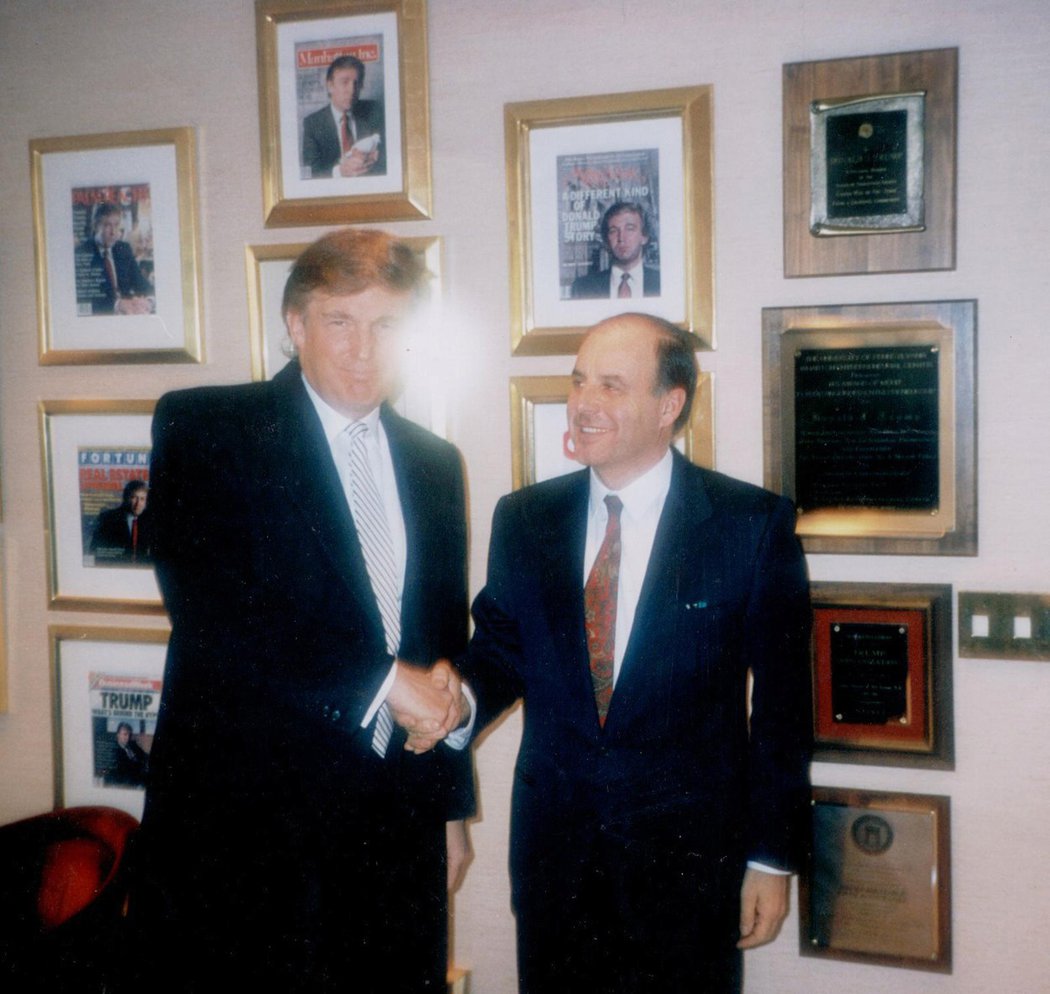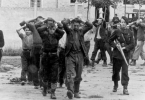aNewDomain — Pres. Donald Trump earlier this week threatened “severe punishment” if Saudi Arabia is behind the disappearance and possible killing of Washington Post journalist Jamal Khashoggi.
Pres. Trump is not known for caring much about journalists’ well being. So, what’s different now? Mr. Khashoggi’s profession is likely less relevant to Pres. Trump than Khashoggi’s family connections to Trump’s inner circle. Trump is a self-proclaimed good friend of Khashoggi’s billionaire uncle Mohamed Al-Fayed, and Trump once bought a yacht from Khashoggi’s other uncle late billionaire Adnan Khashoggi.
According to Reporters Without Borders, 74 journalists were killed, 58 were taken hostage and 326 detained worldwide in 2017. The present tally for 2018 is 70 journalists killed and 320 imprisoned, according to Reporters without Borders. The US response to these killings has been muted at best.
 Trump himself famously described journalists as “the enemy of the people.” That such a statement might be taken as open season on journalists in authoritarian regimes around the globe seems obvious, especially given the history behind that specific phrase.
Trump himself famously described journalists as “the enemy of the people.” That such a statement might be taken as open season on journalists in authoritarian regimes around the globe seems obvious, especially given the history behind that specific phrase.
Whether Trump personally knows the disappeared journalist is unclear, but one thing that’s clear is that Trump has said of Khashoggi’s uncle “Mohammed Al-Fayed is a friend of mine and is a great guy but a lot of people don’t know that.”
Al-Fayed is such a good friend of Trump’s that he apparently sat on the front row at Trump’s wedding to Melania Knauss in 2005.
As aNewDomain has learned, Trump purchased the super yacht Nabila from Khashoggi’s other uncle late arms merchant Adnan Khashoggi.
One might suspect that Khashoggi’s presence in the social orbit around the president makes a bigger difference to Trump than Khashoggi’s profession.
After all, if one can kill “friends” of the president with impunity, then what’s this world coming to?
If a Billionaire’s Family Isn’t Safe, Whose Family Is?
One can imagine that Saudi and American diplomats are working overtime to provide a credible explanation for the disappearance and possible death of someone so close to Trump’s inner circle. One might further assume that an easy solution to this problem would be to paint Jamal Khashoggi as somehow deserving of his apparent fate.
Donald Trump Jr. has already retweeted a comment that Jamal Khashoggi has supported terrorists. One could imagine that further communications along these lines will be forthcoming unless a better communications strategy is devised. This approach might appease elements of the billionaire class but it might well inflame Al Fayed who still blames the UK royal family for the death of his son Dodi with Princess Diana in 1997. Other elements of the extended Khashoggi family may also take offense of this strategy as well.
On Monday, Trump tried out a new explanation – that Khashoggi was killed by “rogue elements,” rogues who just happened to be in the Saudi embassy. Whatever. It’s the assuring words that count. Apparently.
Apart from the Ordinary Joe’s concern about the safety of his own family abroad, there’s a more pertinent concern for the Administration among the world’s elite for their own safety.
Among other things, the free flow of capital championed by neo-liberals such as economist Friedrich Hayak also requires the safe worldwide free flow of persons who have access to capital. If governments are free to off even their wealthy opponents that adds a barrier to the free flow of capital as championed by internationalist presidents like Ronald Reagan.
A History of Miscommunications
The US has a history of unfortunate miscommunications in the Middle East. At a meeting with late Iraqi dictator Saddam Hussein and US Ambassador April Glaspie in 1990, the US inadvertently gave Hussein the impression that an invasion of Kuwait was acceptable to the US government. Shortly after Hussein completed his conquest of Kuwait, the US began the First Gulf War to drive the Iraqis out of Kuwait.
One can’t help but wonder if a similar miscommunication may have occurred in Khashoggi’s case if the US representative notified by the Saudis about the coming action on Khashoggi didn’t check his name against the president’s extended social circle or at least his credit rating.
Television addicts from the 1980s will recall the many times Adnan Khashoggi was featured on Lifestyles of the Rich and Famous.
Khashoggi’s other uncle Mohamed Al-Fayed has similarly been eager to display a lavish lifestyle. Al-Fayed also hasn’t been reluctant to share his anger over the death of his son Dodi Fayed with Princess Diana in 1997.
The apparent death of Khashoggi is another signal of serious implications for America’s shifting global policy under Trump. A US disengaged from world affairs, such as implied by “America First,” has fundamental problems in complaining about the actions of an ally, especially one that purchases so much military equipment.
Put another way, which objective trumps the other – facilitating the worldwide free flow of capital by making billionaires feel safe – or – making cash from selling sophisticated weapons?
Contradictions between America’s long embrace of neo-liberalism have been brewing all throughout the Trump presidency, and Khashoggi’s disappearance may serve as one more signpost along the way to further showing fundamental contradictions in the official policy of the moment.
Credits:
Donald Trump with Adnan Khashoggi: Info.cz, https://www.info.cz/galerie/magazin/16034/zemrel-saudsky-obchodnik-se-smrti-miliardarsky-playboy-v-jehoz-jachte-se-prohanel-i-james-bond?foto=4













